The initial findings of an evaluation of the Irish beef sector in a report by Grant Thornton has shown that farmers receive 80% of total sales revenue earned by processors, Meat Industry Ireland (MII) has said.
These findings were presented at Tuesday’s beef taskforce meeting and were welcomed by MII members “for exposing the false claims made during the 2019 beef blockades.”
“During the 2019 illegal blockades, false assertions were made and prominently circulated that farmers only get €2 for every €10 spent on beef by a consumer,” an MII spokesperson said.
“The report was commissioned by the Government in the aftermath of the blockades, which crippled the industry for almost eight weeks and undermined the sector’s reputation.”
Missing information
IFA president Tim Cullinan said Grant Thornton admitted to the taskforce that it doesn’t have the authority to access the information needed for a full and independent appraisal of the value of beef at all points in the supply chain.
Because of these constraints, the output is based only on the information that participants are willing to provide.
Dialogue over 'blockades'
Senior director for MII, Cormac Healy, branded the report’s findings as independent expert confirmation.
“We hope that the sector can now move on and instead work together to address the challenges we face from issues like Brexit, climate change and EU Trade deals,” Healy said.
“MII members also welcome the appointment of a Food Ombudsman to act as an honest broker in addressing concerns in future through dialogue rather than factory blockades.”
MII said the industry continues to deliver market price returns to producers that are at or above the Export Benchmark price, which reflects the cattle prices paid in key export markets.
In 2020, Bord Bia reported the Irish prime cattle price was 356c/kg and the Export Benchmark price was 355c/kg.
MII said these prices were paid despite the fact Ireland exports 90% of its beef and face the additional costs of getting to market, which have been further inflated since Brexit.




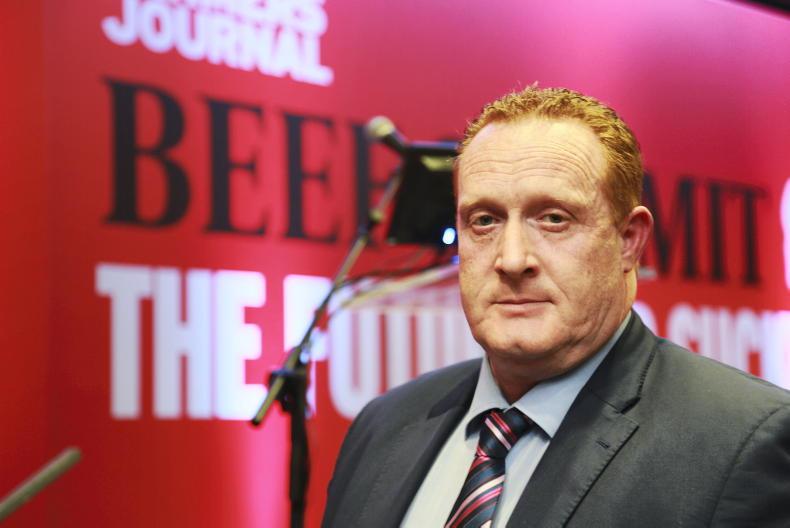
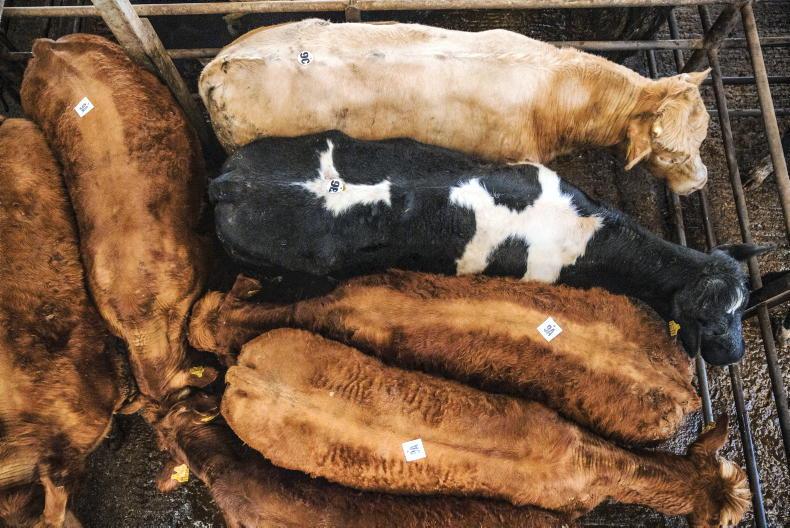

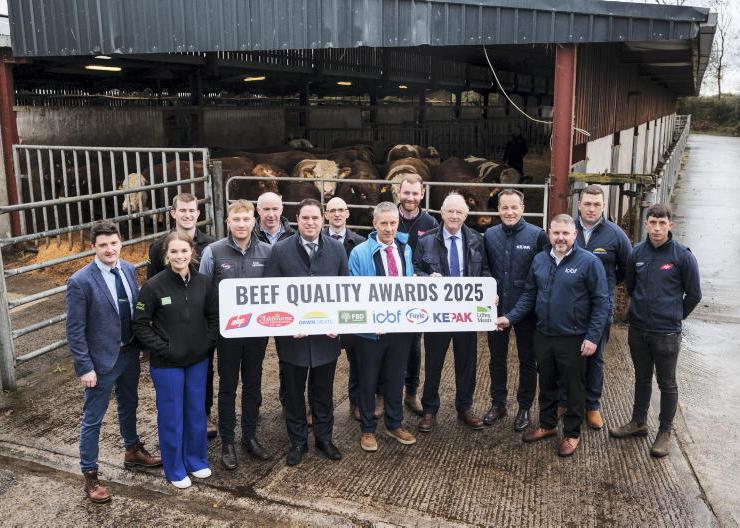
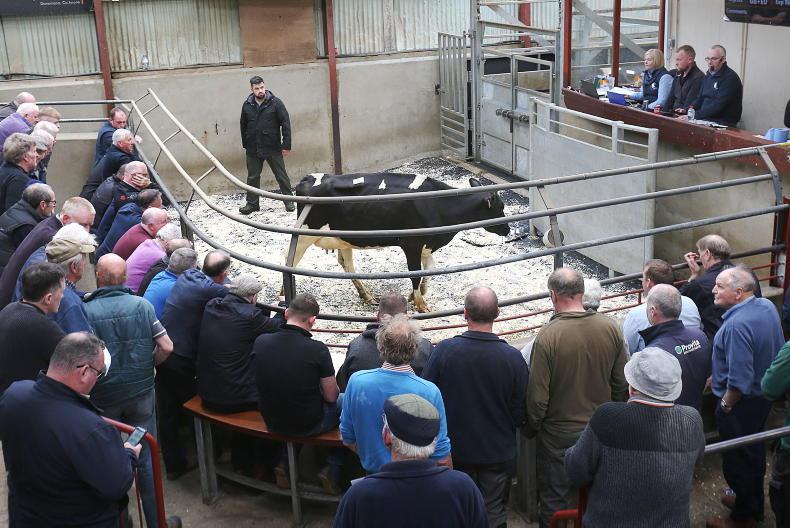
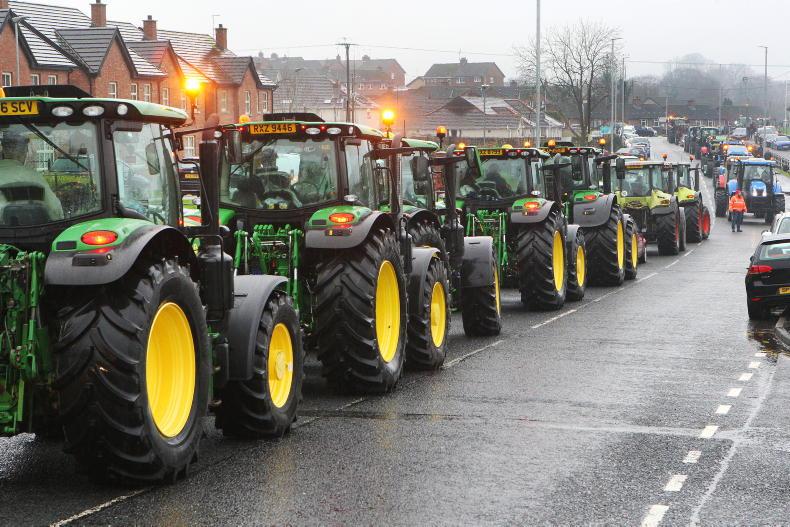
SHARING OPTIONS